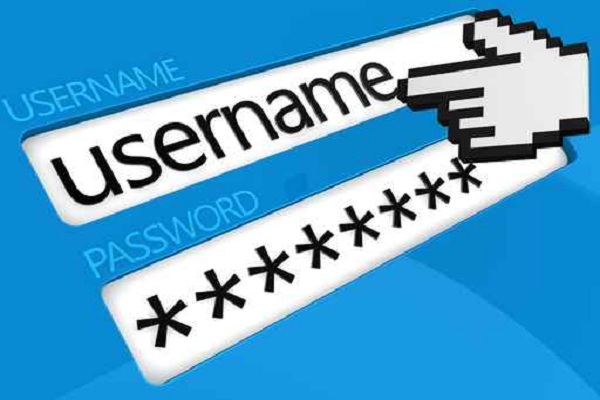Simplexo: Firms must act on data breach reports
Search company claims attacks against high-profile companies should encourage others to take more care with online security.

The enterprise needs to sit up and take notice of high-profile data breaches, because they are proof that firewalls and token-based authentication tools offer scant protection from internet hackers.
This is the view of Simon Bain, chief technology officer of cloud search specialist Simplexo. He said stories, like the recent Global Payments data breach, should spur firms into reviewing their IT security.
"In that case, around 1.5 million credit card details were exposed. People should be looking at that and asking themselves, how do we stop that happening to us?' But they don't," said Bain.
"Firms rely on firewalls and tokens for authentication, but these tools are obviously not enough, based on how many people are getting access to data these days that shouldn't."
Part of the problem is that many firms fail to encrypt the data stored in online databases, he claimed, which is playing directly into the hands of hackers.
To tackle this, the firm launched a software development kit this week, containing C++, .NET and PHP modules that can be used to make online database records inaccessible to people unauthorised to view them.
The product is aimed at firms in "highly-regulated" industries, particularly those in the banking sector, as well as any company with databases that are directly connected to the internet.
Sign up today and you will receive a free copy of our Future Focus 2025 report - the leading guidance on AI, cybersecurity and other IT challenges as per 700+ senior executives
"Allowing unencrypted data to be held in a database is unforgiveable [because] people's private data should be just that," he added.
"What we've done [with the toolkit] is create a way for all database records to be fully encrypted while remaining searchable. This means that there are no excuses for not having the information stored in your database encrypted."
-
 Can enterprises transform through startup theory?
Can enterprises transform through startup theory?In-depth For big corporations, the flexibility, adaptability, and speed of a startup or scale-up is often the total opposite of what’s possible within their own operations
-
 AI is creating more software flaws – and they're getting worse
AI is creating more software flaws – and they're getting worseNews A CodeRabbit study compared pull requests with AI and without, finding AI is fast but highly error prone